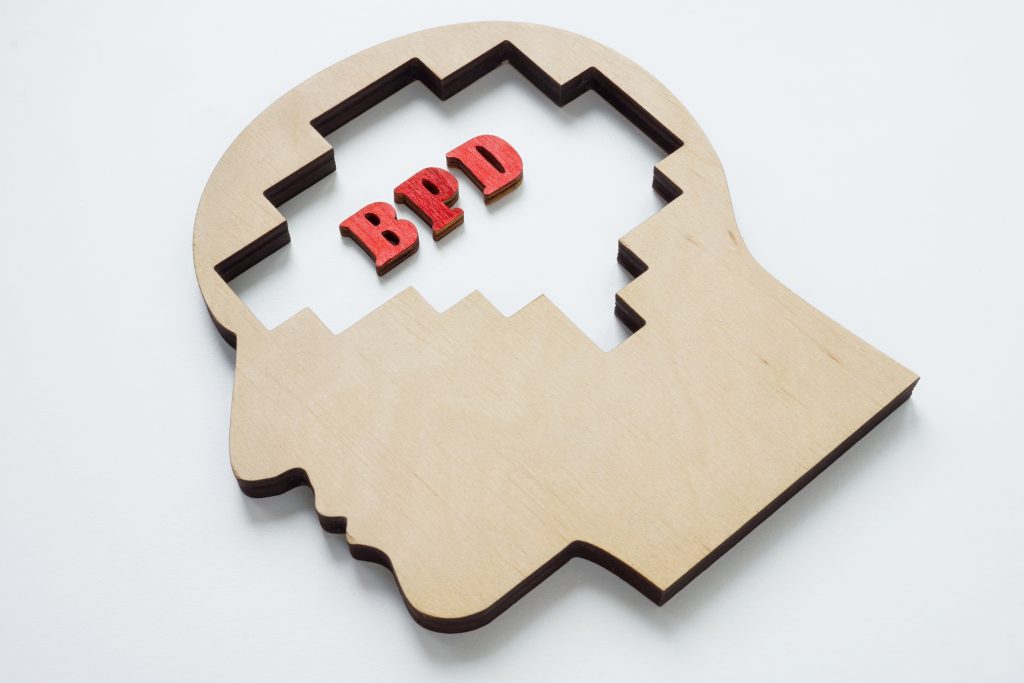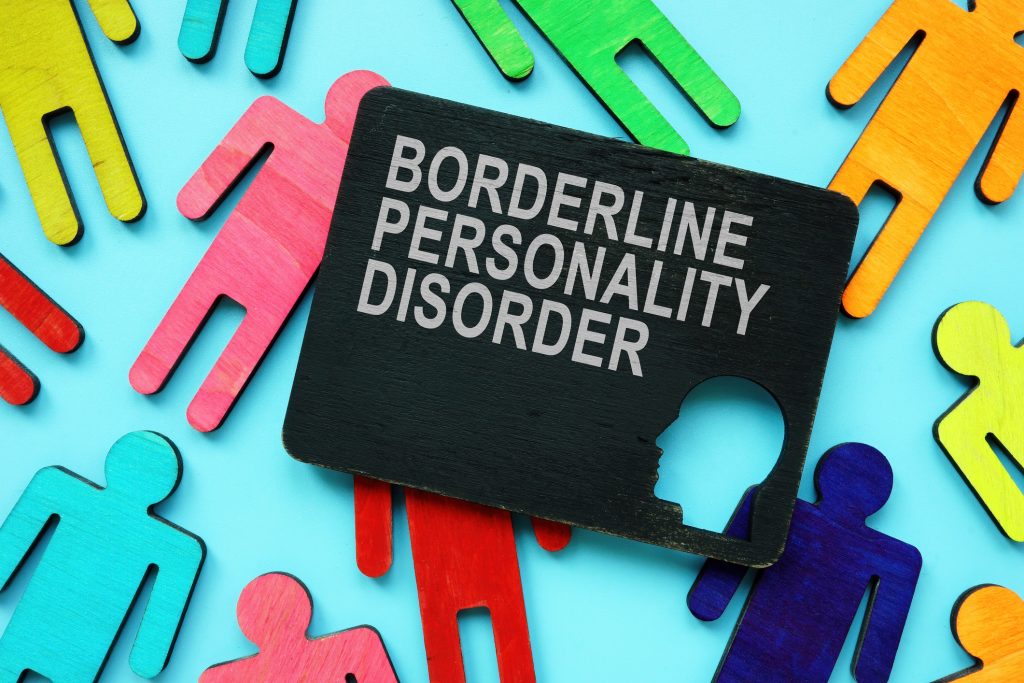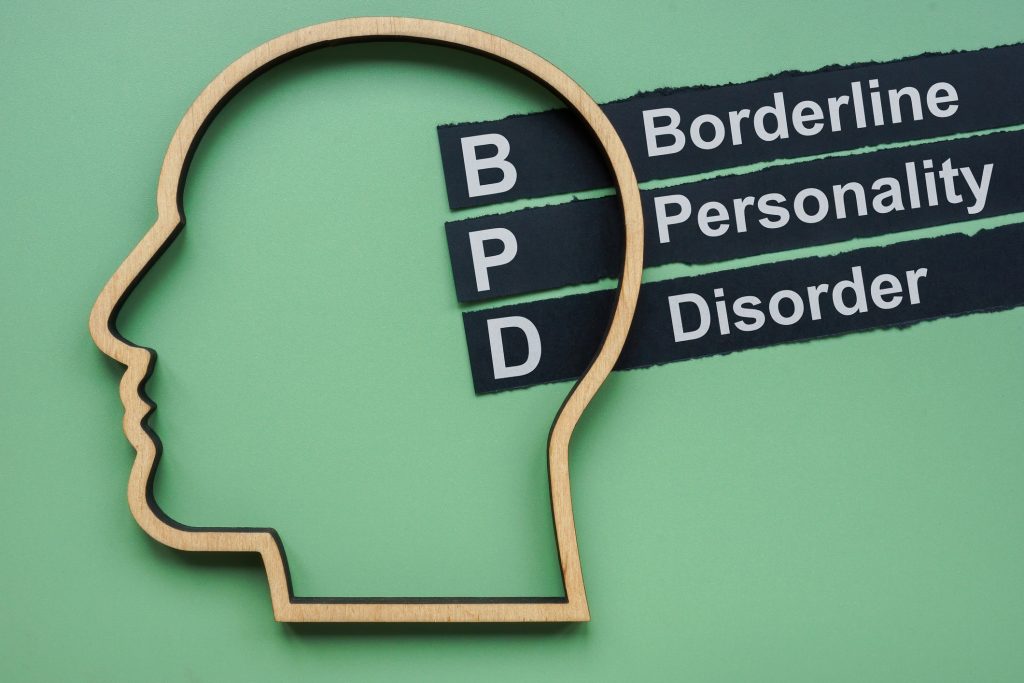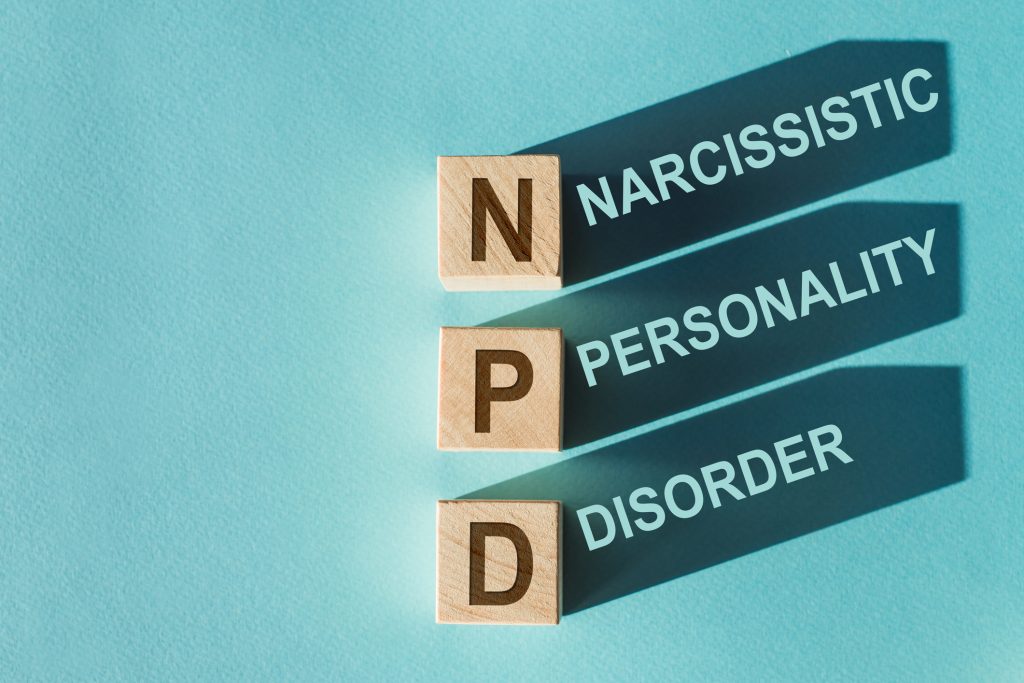
Defining Enmeshment
by Tanya Paquette
Enmeshment is a toxic relationship dynamic in which both partners are so connected that they lose their identity. They often use each other to regulate their emotions and they feel intense emotions when they are separated. These types of relationships involve merging, intense emotional entanglement, and overstepping.
I have been in many BPD relationships and, although enmeshment tendencies don’t cause BPD, they can make it more likely that you will seek out these types of unhealthy relationships in the future.
If you suspect that you might be enmeshed, here are some things that you can look out for:
- Lack of Personal Boundaries: Frequent violations of personal space, privacy, or emotional boundaries.
- Emotional Dependence: Feeling overly responsible for the other person’s emotions and well-being. Ex. You worry about the other person all the time. You care for their needs even if you don’t care for yours. For instance, if you’re enmeshed with a parent, you might worry about them being lonely. If you’re enmeshed with a partner, you only feel happy when the other person is happy too.
- Fear of Abandonment: Intense anxiety at the thought of separation, leading to clinginess or over-communication. Every time you are apart from your loved one, you feel emotionally unstable and unsafe. You think they will leave you and you will never find love again.
- Identity Blurring: Difficulty distinguishing one’s feelings, desires, and thoughts from those of others. For example, if your partner is sad at you, you immediately become sad too. You use them to regulate your feelings and they do the same for you. This is different from support when you try to help someone. This is taking on the emotions of someone else.
Conflict Over Needs: Frequent misunderstandings or arguments about personal needs or expectations. For instance, you may feel your partner doesn’t respect you, but you never say anything about the disrespect. Instead, you keep giving more of yourself, hoping the other person eventually comes around.
Enmeshment is not easy to overcome, but with perseverance and commitment you can get unmeshed. Learning how to set boundaries is key. You also must communicate openly with your partner. Learn not to rely on them for all your happiness and understand that, even though emotional support is essential, providing yourself with self-care is the most important. You don’t need anyone to validate you because you can learn to do that yourself.
If you tend to over-connect or enmesh with others, you must realize that enmeshment is not your typical relationship issue. It is a difficult and demanding relationship that requires recognition, compassion, and lots of patience. Recognizing and deciphering enmeshment patterns is the first step. Next, you must commit to leaving toxic relationships and prioritizing your autonomy and independence.
Even though the un-enmeshment process can be scary, the liberation will lead you to a happier and more fulfilled life. Just remember that you can have healthier relationships, become more independent, and, like me, start to reclaim your identity and set healthier boundaries!
























